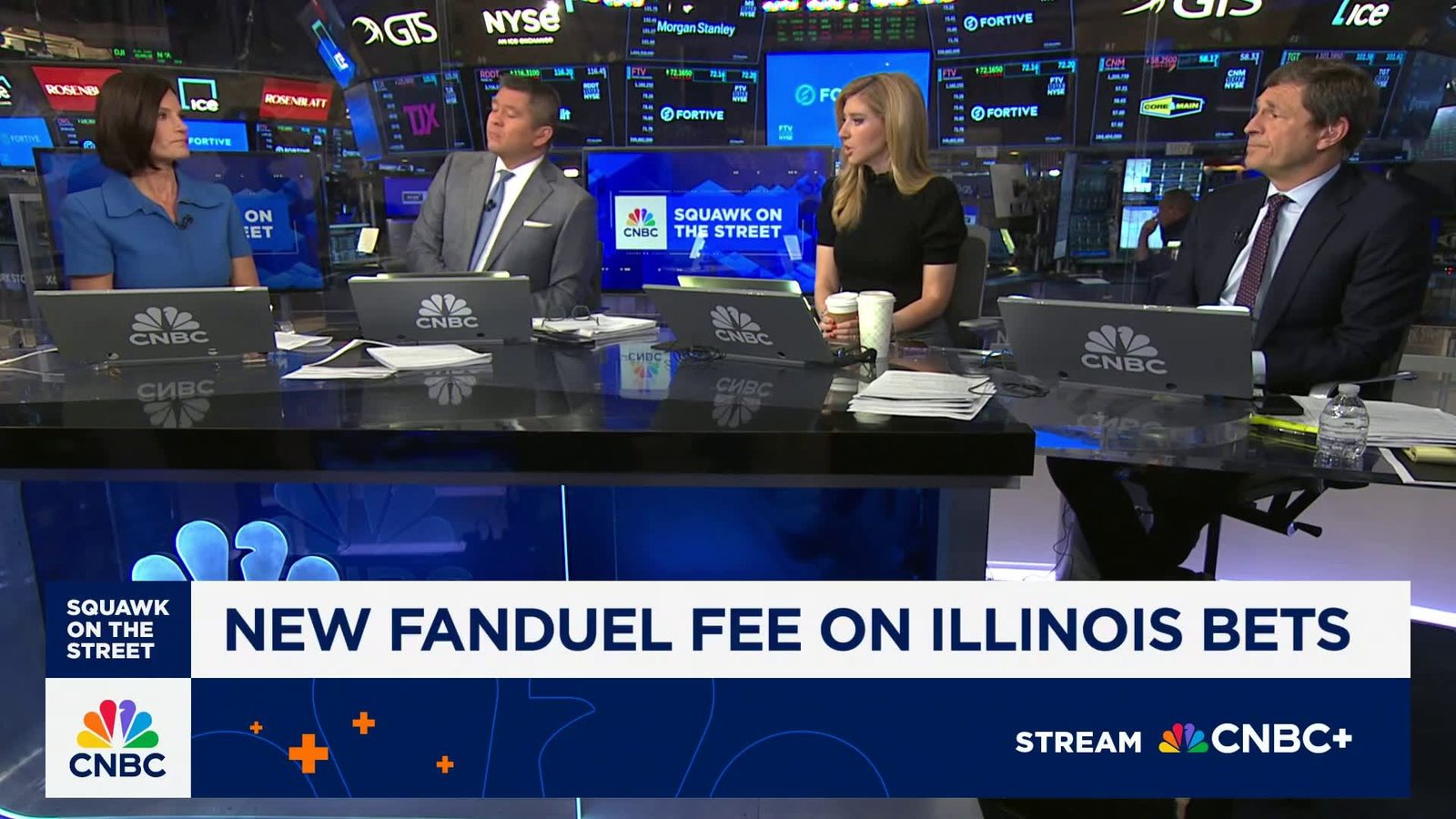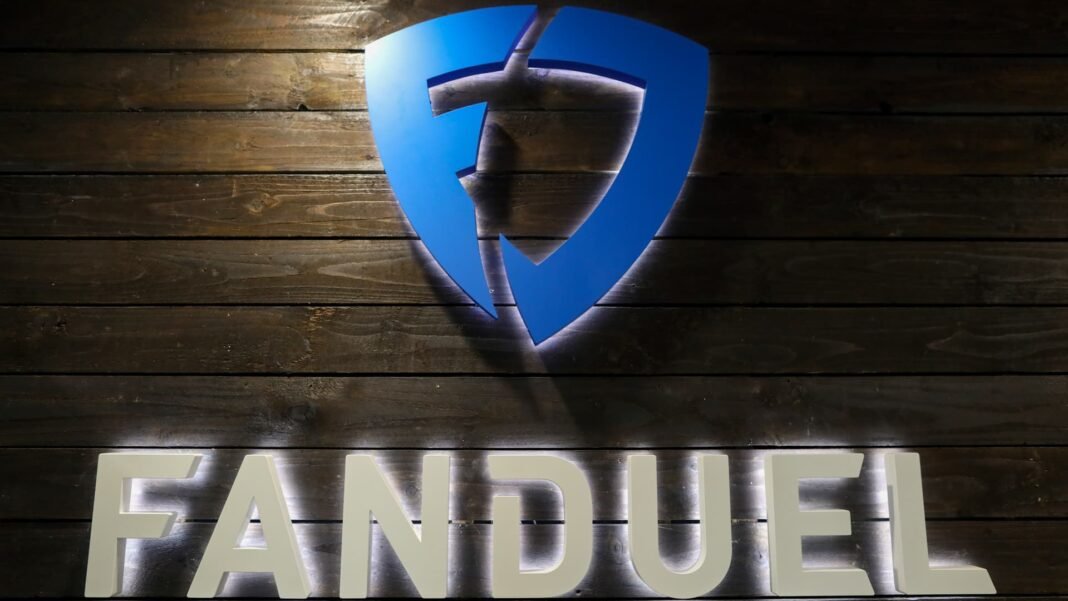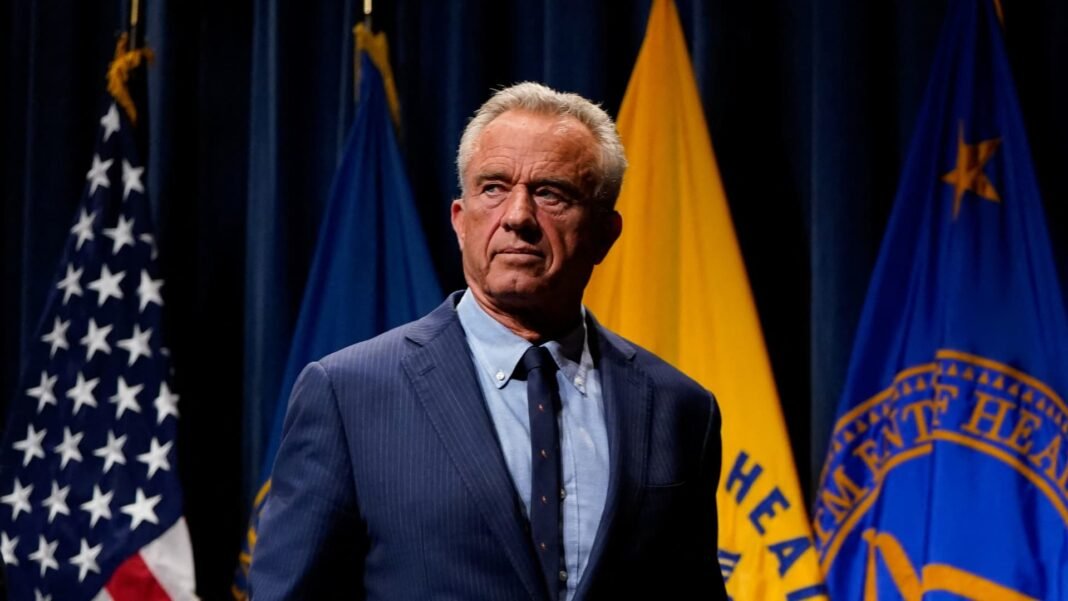Illinois Sportsbooks Confront New Financial Pressures Amid Tax Reforms
FanDuel Introduces Additional Charge to offset illinois Tax Increase
Following recent changes in Illinois tax laws, FanDuel has implemented a 50-cent fee on every bet placed within the state. This adjustment is designed to alleviate the financial burden imposed by the updated tax regulations, which have significantly raised costs for major sportsbook operators in Illinois.
The Revised Tax Structure and Its Effects on Sportsbooks
The new taxation model applies a tiered fee system: sportsbooks must pay 25 cents per wager for the first 20 million bets and 50 cents for each bet beyond that threshold. This escalating fee structure notably raises operational expenses for dominant players such as fanduel and DraftKings.
DraftKings Expected to Adopt Similar Fees Soon
Controlling nearly 75% of Illinois’ sports betting market alongside FanDuel, DraftKings has signaled intentions to introduce comparable surcharges. Representatives from DraftKings have stated that they are currently assessing their approach in light of these tax changes and will provide updates shortly.
Financial Outlook Reveals Significant Revenue Shifts Due to Transaction Fees
Market analysts estimate that by 2026, these transaction fees could generate an extra $79 million in revenue for DraftKings-approximately 5.4% of its projected EBITDA-and around $86 million for FanDuel, equating to roughly 2% of its EBITDA. These projections highlight how substantially these fees will influence sportsbook profitability moving forward.
A Sharp Rise Compared to Previous Tax Rates
This surcharge adds onto an already steep progressive tax rate introduced last year, which increased taxes on top-performing sportsbooks from a flat rate of 15% up to as much as 40%. Initially, DraftKings considered passing these additional costs directly onto customers but withdrew after facing considerable public opposition.
The Wider Landscape: Increasing Gaming Taxes Across Multiple States
The push toward higher gaming taxes extends beyond Illinois; several other states are either proposing or have enacted similar measures affecting online gambling operators:
- New Jersey: Budget revisions include elevated fees targeting gaming companies operating within the state.
- Maryland: Fiscal plans indicate rising taxation rates impacting revenues from online gambling platforms.
- Massachusetts: Recent legislative proposals suggest significant hikes in sports betting taxes coupled with restrictions on live betting features.
- Michigan: Proposed increases aim at boosting state income through higher taxes on digital gambling services.
- Pennsylvania: Budget drafts reveal plans for enhanced gaming-related levies designed to increase fiscal inflows from regulated markets.
The Impact of Elevated Gaming Taxes on Market Behavior and Consumer Choices
The CEO of Flutter Entertainment warned that excessive taxation risks pushing bettors toward unregulated platforms lacking consumer safeguards while generating no tax revenue. He emphasized that casual bettors bear a disproportionate share of this burden since fixed transaction fees consume a larger portion of their smaller wagers compared with high-stakes or frequent gamblers alike.
“Striking the right balance in gaming tax policies is essential-it allows operators to maintain quality offerings while supporting market expansion and maximizing sustainable state revenues,” stated Flutter’s CEO Peter Jackson. “The current Illinois transaction fee unfairly penalizes those who have invested heavily in creating a secure and regulated surroundings.”
Navigating Future Challenges: Balancing growth with Regulation
if states persistently raise gaming taxes without considering operator viability or player impact, unintended consequences may arise-such as diminished participation rates or increased migration toward illegal betting channels. Moving forward requires thoughtful policymaking that harmonizes fiscal objectives with industry sustainability and consumer protection standards alike.






